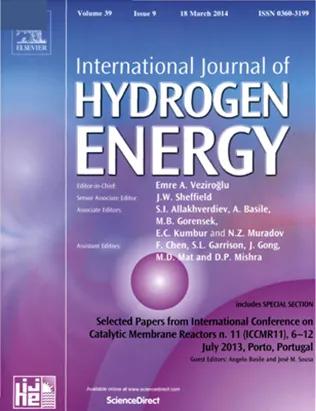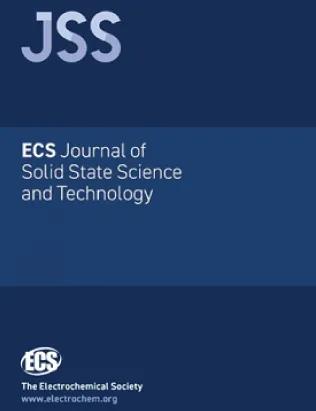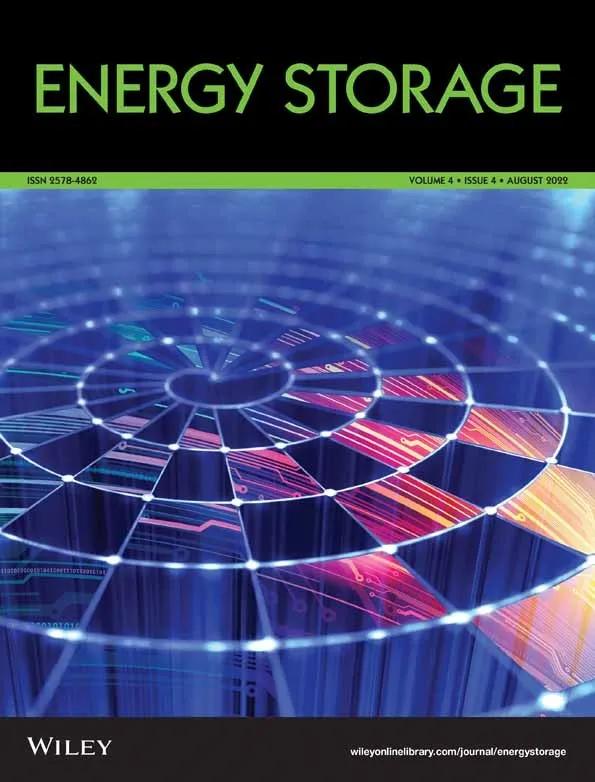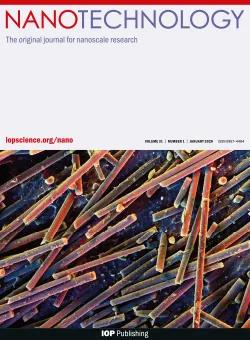Featured Journals
All quality papers submitted to the conference will have a chance to be published in the featured Journals. All selected papers will go through a double-blind review process managed by the journal's editorial team. Papers submitted to the journal will need to comply with the submission guidelines and quality standards of the journals. The list of featured journals will be updated soon.
EMSEE2024 Featured Journals
Previously Featured EMSEE2022 Journals








